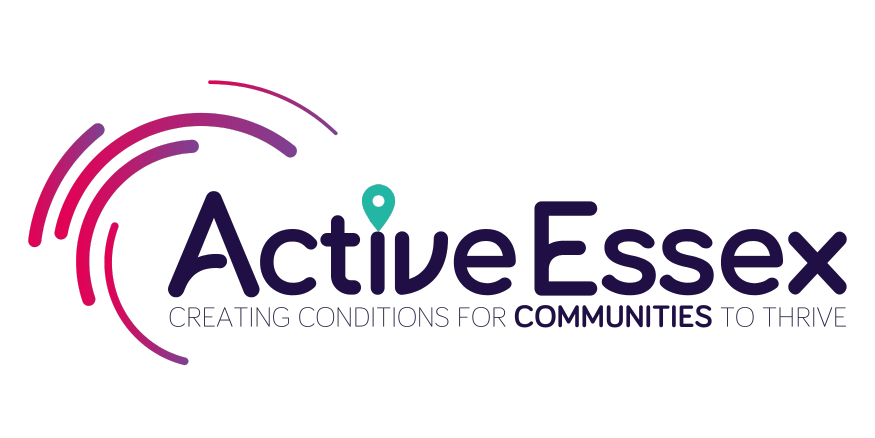Fundraising must be prepared to reinvent itself to avoid perpetuating injustices, report suggests
Posted on: August 22, 2020
Content from Third Sector
A discussion paper from the think tank Rogare says common ground can be found between different approaches to fundraising
Fundraising needs to be prepared to reinvent itself and work with critics to avoid perpetuating injustices, according to a paper from fundraising think tank Rogare.
The discussion paper, The donor-centred baby and the community-centric bathwater, argues that it is possible for donor-centric fundraising and community-centred fundraising philosophies to find common ground and work together.
The report argues that donor-centred fundraising, which prioritises the donor’s needs and making them feel good about their giving, to ensure they continue to donate for as long as possible, is the dominant philosophy of fundraising and many fundraisers consider it “heresy” to criticise it.
But a newer model, community-centred fundraising, argues that putting the donor at the centre perpetuates white saviourism, marginalises the voices of the communities charities claim to serve, gets in the way of having honest conversations with donors and building true partnerships, and fuels systematic injustice.
Instead, community-centred fundraisers believe beneficiaries should be treated as equal partners, and that both fundraising and philanthropy as a whole should be grounded in racial and economic justice.
Ian MacQuillin, director of Rogare, says in his foreword to the report:
“Donor-centred fundraising is more than just professional best practice. It goes to the heart of how many fundraisers identify themselves professionally: they are not just fundraisers who do donor-centred fundraising; they are donor-centred fundraisers.
“That’s why criticism of how they do fundraising is perceived as more than this; it is criticism of who they are and the choices they have made.”
However, the report says, “there is plenty of common ground between the two philosophies”.
For example, it says, community-centred fundraising believes donors make an important contribution and wants to build meaningful relationships with them, but rejects the idea that donors’ needs should come first.
The paper suggests fundraising models that create a shared identity between donors and the communities they want to support, or integrate donors more into the mission of the organisation, would allow the two philosophies to co-exist.
“The question is whether donor-centred fundraisers are prepared to genuinely think about the different types of relationships they could have with donors,” it says.
The report also calls for donor-centric fundraisers to “bite the bullet” and engage in the conversation about white saviourism.
It says there may have to be compromises from the proponents of community-centred fundraising too.
“Community-centred fundraisers may need to accept that they may not succeed in replacing the paradigm but can succeed in changing and adapting it,” the report says.
If a compromise could be reached, the report says: “Rather than being an existential challenge to donor-centred fundraising that is sounding its death-knell, community-centric fundraising may actually provide the impetus and incentive for donor-centred fundraising to reinvent itself.”



Leave a Reply
You must be logged in to post a comment.